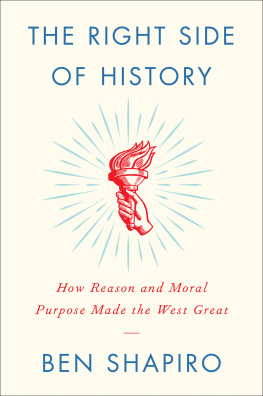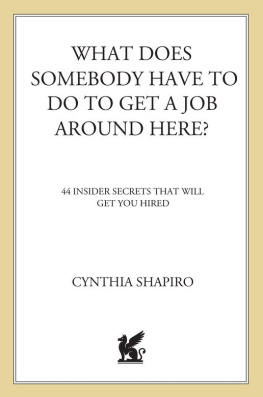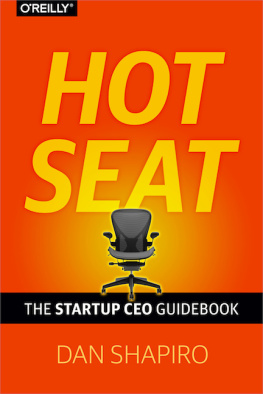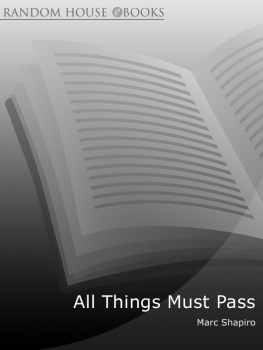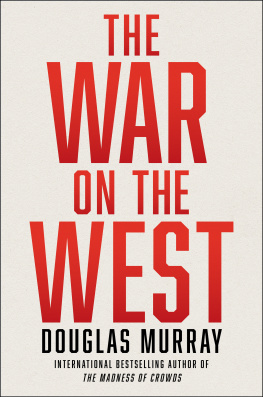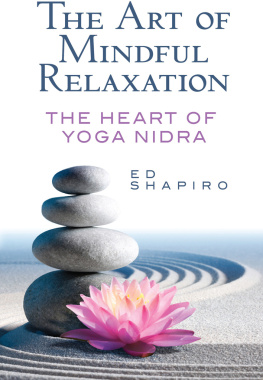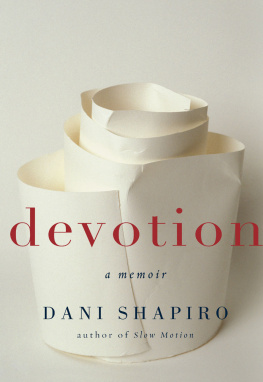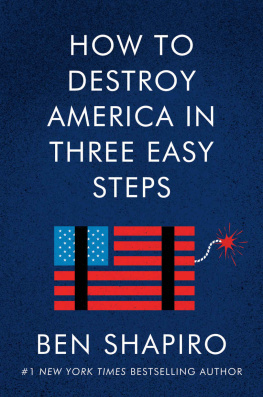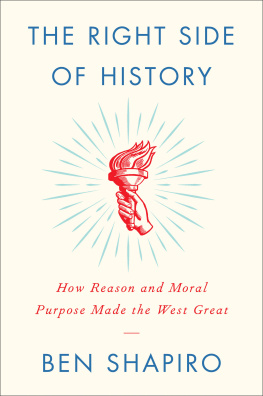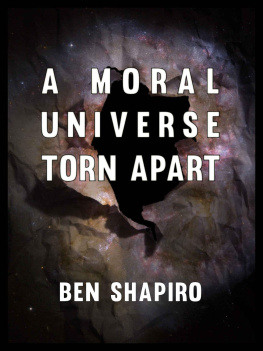To my parents, who taught me life has a reason.
To my wife, who taught me life has meaning.
To my children, who taught me life has a purpose.
T his book is about two mysteries.
The first mystery: Why are things so good?
The second mystery: Why are we blowing it?
Human beings spent tens of thousands of years living in dire poverty, under subsistence conditions, in constant threat of physical danger both from nature and from other human beings. For nearly all of human history, life has been nasty, brutish, and short. In 1900, some 10 percent of all infants died before reaching their first birthday in the United States; in other countries, the number was far higher. Approximately one in every one hundred mothers could expect to die in childbirth.
Yet we now live in an era in which mothers can expect to survive pregnancy and childbirth (the mortality rate among pregnant women has dropped 99 percent). Babies can be expected to survive infancy and then live another eight decades; we live in an era in which the vast majority of the American population lives in climate-controlled spaces with plenty of food, a car, and at least one television. We can speak with each other across thousands of miles instantaneously, find and collate information with the touch of a few keys, send money seamlessly whirring around the globe, and buy products manufactured in dozens of different places for cents on the dollar without leaving our homes.
Then there are our freedoms. We can expect that a baby born in the United States will never be enslaved, murdered, or tortured; an adult in the United States can go about his or her daily business with the expectation that she will not be arrested for espousing an unpopular viewpoint or worshipping the wrong god or no god at all. There are no restrictions barring particular races or genders from particular jobs, no governmental rules designed to privilege one particular biological or religious in-group at the expense of any other out-group. We can live with whom we choose, have as many or as few children as we want, and open any business we see fit. We can expect to die richer than we were born.
We dont live in a perfect world, but we do live in the best world that has ever existed. So, the first mystery is this: How did all of this happen? What changed?
Then theres the second, more important question: Why are we throwing it away?
We are killing ourselves at the highest rates in decades. Rates of depression have skyrocketed. Drug overdoses are now responsible for more deaths than car crashes. Marriage rates have declined, as have childbearing rates. Were spending more money on luxuries, and enjoying everything less. Conspiracies have replaced reason and subjective perceptions have replaced objective observation. Facts have been buried to make way for feelings; a society of essential oils and self-esteem has replaced a society of logic.
Were more divided than at any time in the recent past. The exit polls show that on the day of the 2016 election, just 43 percent of voters had a favorable opinion of Hillary Clinton; 38 percent of voters had a favorable opinion of Donald Trump. Only 36 percent of voters thought Hillary was honest and trustworthy; 33 percent of voters thought Trump was. Fully 53 percent of Americans said they would feel concerned or scared if Clinton won; 57 percent of Americans felt that way if Trump won. Never have two more unpopular candidates run against each other.
They still both earned millions of votes in support. Not just thatpeople who were uncomfortable with their candidate vitriolically attacked anyone who voted for the other; they broke off friendships with those who voted differently. In July 2017, Pew Research found that 47 percent of self-described liberal Democrats said theyd have a tough time staying friends with those who voted for Trump; 13 percent of conservatives said the same, but its difficult to say whether that number might have been reversed if Trump had lost. Its also worth noting that fully 47 percent of Clinton voters said they didnt have a single close friend who voted for Trump. A more telling statistic: 68 percent of Democrats said it was stressful and frustrating to talk to political opponents; 52 percent of Republicans agreed.
Something deeper than political differences is going on here. Virtually all of our trust in key institutions has vanished. Gallup polls show that our average trust in fourteen key institutions is just 32 percent. Just 27 percent of Americans trust banks; just 20 percent of Americans trust newspapers; just 41 percent of Americans say they trust organized religion; that number is 19 percent for the federal government overall, and 39 percent for the health care system.
We dont trust each other, either. As of 2015, just 52 percent of Americans said they trusted all or most of their neighbors; just 31 percent of blacks and 27 percent of Hispanics say they can trust their neighbors. Just 46 percent of Americans say they spend an evening with neighbors even once per month, compared to 61 percent of Americans who did in 1974. Another 2016 survey showed that just 31 percent of Americans thought most people can be trusted.
As for our democracy, fewer and fewer people like it. An October 2016 poll showed that 40 percent of Americans said they had lost faith in American democracy, with another 6 percent stating that they never had faith to begin with. No wonder only 31 percent of those polled said they would definitely accept the results of the election if their candidate lost. And 80 percent of Americans said America was more divided today than everever. Just a reminder: weve had a full-scale civil war in this country, as well as Jim Crow and the domestic terrorism of the 1960s.
Brutal division has infused every aspect of our social fabric: we cant watch a football game together without debating the merits of protesting during the National Anthem or watch a television show without falling into debates over representation of women or go to church without arguing over our vote. We fight harder and more viciously over smaller and smaller mattersthe more frivolous the topic, the harsher the battles.
What in the world happened?
There are some trendy answers.
Some blame our current political and social disintegration on heightened economic divides. Many commentators and politicians argue that income inequality has generated unprecedented conflict in American life. They say that too many Americans feel left behind by the new, globalized economy, and that either mild protectionism or redistributionism will heal those ills. They argue that the 1 percent have outpaced the 99 percent, that urbanites have outpaced rural Americans, that white-collar jobs have outpaced blue-collar jobs.
Such economic reductionism seems misplaced. The upper middle class in the United States grew from 12 percent of Americans in 1979 to 30 percent as of 2014. America has seen far worse economic timesas of this writing, were living at 4 percent unemployment, with record stock market gains. The Great Depression didnt tear us apart the way were torn apart todayand our economy has indeed grown steadily since 2009. Economic change has been a constant force in American life, with a long-term upward trend for all demographics. The difference is our social divide, not our wallets.
How about race? In this view, our political conflicts are a proxy for deeper racial wounds, which have reopened in recent years. This argument is made most passionately by Ta-Nehisi Coates, who suggested that Barack Obama was black Americas best and final hope (a champion of black imagination, of black dreams and black possibilities
The photo negative of Coatess perspective comes courtesy of the racist alt-right movement, which accepts Coatess characterization of American politics but sees things in reverse: an America overrun by identity politics of racial minorities. The alt-right

